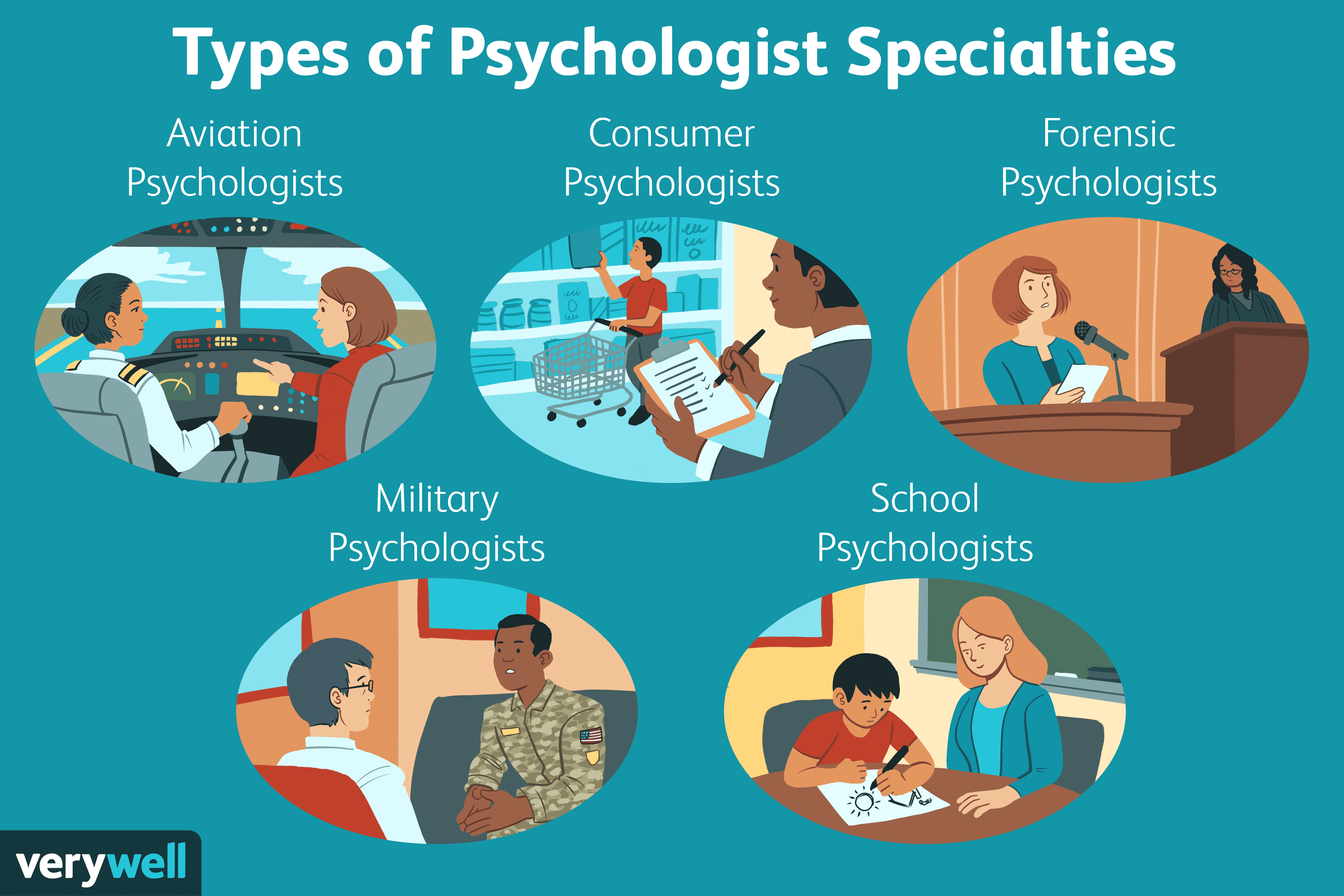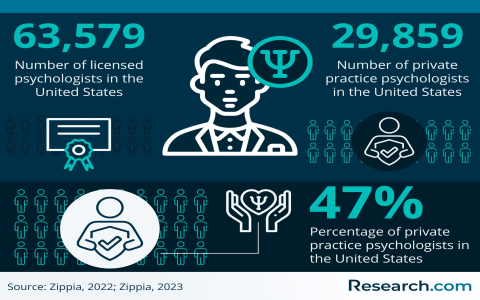So I got asked this question a bunch lately: what exactly do those psychology and counseling folks do? Honestly, I used to picture them just nodding while people lie on couches crying. But after volunteering at a community center last summer, man was I wrong.
First Step: Getting My Feet Wet
I walked into this mental health fair thinking I’d just hand out pamphlets. The organizer tossed me straight into talking with families waiting for free consultations. Seeing how nervous folks looked surprised me – one mom kept twisting her hands while whispering about her kid’s school problems.
I realized I needed proper answers when people asked “can counseling help my marriage?” or “why’s my teenager acting out?” So I started shadowing real counselors during their coffee breaks.
What Actually Happens Behind Closed Doors
Turns out their work splits into three big chunks:

- The Listening Part: Not just “uh-huh” noises! One counselor explained how she spots patterns – like if someone always tenses up mentioning work, that’s where they dig deeper. It’s detective work with feelings.
- The Toolkit Stuff: They teach actual coping skills. Saw this counselor demonstrate breathing techniques to a stressed college kid using just a straw and a stopwatch app. Simple but genius.
- The Paperwork Jungle: Holy moly, the notes they keep! One associate showed me how she tracks moods and triggers between sessions like a mood weather forecast. “Gotta see if the storm clouds are lifting,” she laughed.
My Lightbulb Moment
What really changed my mind? Sitting in on a teen group session (with permission!). Watched this counselor turn silent scowls into actual conversation using nothing but a soccer ball and three questions:
- “When did you last feel proud of yourself?”
- “What makes you feel heard?”
- “If your mood was a weather report, what would it be?”
Seeing kids go from shrugging to actually sharing? Magic. They’re not advice-givers – they’re conversation architects.
Why This Matters Daily
Now when friends say “I’m seeing a therapist,” I don’t imagine some fancy doctor anymore. I picture that counselor teaching the straw-breathing trick, or the associate carefully charting someone’s anxiety spikes like a heart monitor. It’s practical, boots-on-the-ground work helping people untangle life’s knots one session at a time.
Still blows my mind that these associates do all this while buried under insurance paperwork though. Major respect for anyone in the trenches making mental health actually approachable.

